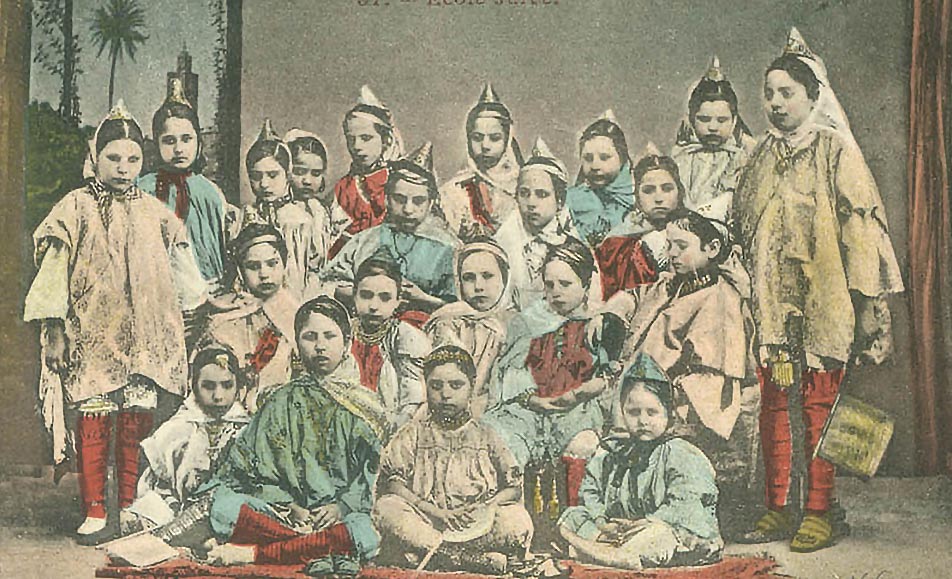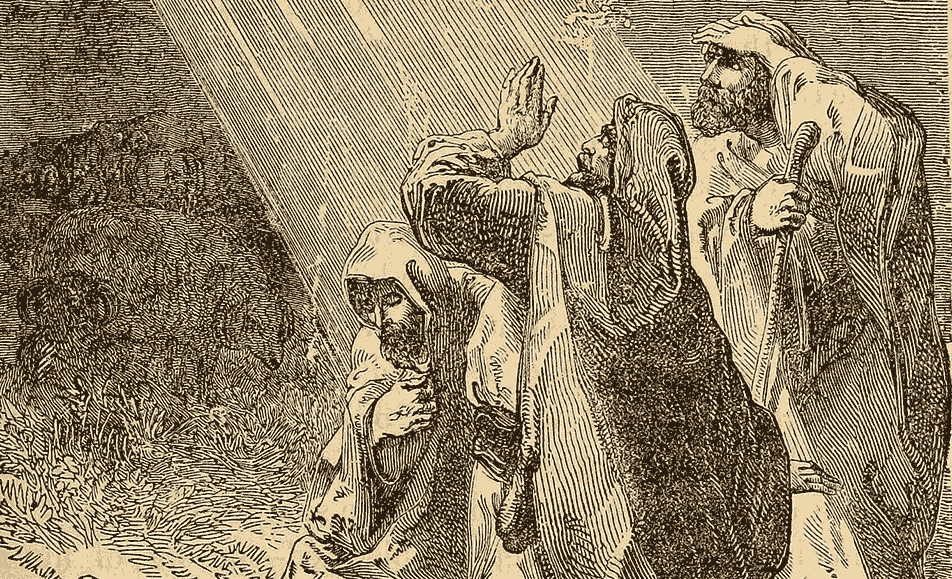
I’m marrying someone in a couple weeks. A lot of drama has arisen over his not being “Jewish” which made me wonder how the property of “being Jewish” works.
First, the word “Jewish” can mean lots of different things. Here are some of the factors that seem relevant to people’s determination of whether or not someone is Jewish
– Whether the person is of a certain ethnicity (where the extent to which one is from that ethnicity doesn’t depend on which side of the family is of the relevant ethnicity).
– Whether the person is of a certain ethnicity but only via the mother’s side
– Whether someone has converted
– Whether someone’s parents have converted
– Whether someone’s mother has converted before their birth
– Whether the person has certain beliefs
– Whether the person engages in certain practices
– Whether the person grew up in a certain culture
– Whether the person identifies as Jewish.
Here is the first question: suppose we interview someone and find the answer to all of these questions. Is a list of answers to these questions (and some more if you like) all there is to say about whether or not someone is Jewish? Or, is there a further question one can ask – namely whether, given the answers to all these questions someone is Jewish, simpliciter.
A lot of people seem to think there is a further question about whether or not is Jewish since people may disagree about whether someone is Jewish even if they agree about the answers to all of these questions.
Here is the second question: If we do think there is this further fact, (a) what grounds it and (b) what sort of beliefs do you have to have to make it legitimate for you to think that this further fact holds?
I’m going to take myself as an example since I think I am interesting case: My father is ethnically Jewish, my mother is not. I grew up in a Jewish culture. My mom converted before my birth. I don’t have any “Jewish” beliefs or engage in any Jewish practices.
Sometimes if I’m asked whether I’m Jewish and I say all that stuff people will conclude “Ah, so you are Jewish.” Now, when orthodox Jews say this, I understand what they’re saying, since they (or at least some of them) believe that what makes someone Jewish simpliciter is having a Jewish soul (which is of a different kind than a non-Jewish soul) and they believe in a bunch of complicated soul-laws which determine what kind of soul a person has. According to the soul-laws I have a Jewish soul which makes me Jewish. End of story.
But sometimes I will get the “Ah, so you are Jewish” comment from people who don’t believe in souls or the complicated soul laws that govern what kind of soul you have. What do they think grounds the facts about whether someone is Jewish simpliciter? Frequently, they seem to think that it’s up to the Jews to determine who is Jewish. (For example, if my mother had not converted before my birth, they would think I was not Jewish). But why do they think Jews get to determine who is Jewish? It’s not up to baseball players to decide who is a baseball player, or Asians decide who is Asian. So if it is the (orthodox) Jews’ prerogative to decide who is Jewish, what is it about being Jewish that makes that the case?
Many of my thoughts on this topic were inspired by conversations with Palle Yourgrau, Susanna Rinard and the said fiancee.
Share This Post


M&A;,
These are good questions you ask.
I have recently been perturbed by the property of being Jewish after a fascinating discussion I had last week on matrilineal descent in Judaism. The following article was brought to my attention. I don't know if it's any good or not–perhaps one of our fellow bloggers has read it and can enlighten us on its value:
"The Origins of the Matrilineal Principle in Rabbinic Law"
Author: Shaye J. D. Cohen: AJS Review, Vol. 10, No. 1 (Spring, 1985), pp. 19-53.
We may ask similar kinds of questions e.g. is the property "Jewish" any different to the properties bachelor, yellow, American, square, hot, smooth, awesome, etc.? Is it a natural or unnatural property? Primary or secondary? Can we analyze it or is it primitive?
I, for one, am suspicious of soul theories because I don't think anyone knows what a soul is, let alone whether souls can be divided according to their own properties of being Jewish or non-Jewish.
I wonder whether its true that most orthodox Jews believe in complicated soul-laws and different sorts of souls for Jews and Gentiles.
I'm orthodox, and I don't. But, then again, I'm not most orthodox Jews.
I think that belonging to the Jewish people has a lot of similarities to belonging to a nation – which is why its no suprise that Zionists look at Jewish identity as a national identity.
National identity properties are very interesting. But, unlike racial properties, or the property of being a baseball player, it does seem as if members of a nation do have some sort of say over who can join them from outside – what is the process of naturalisation by which a person can adopt your nationality?
Just a comaprison that I wanted to throw out there.
I think there are a few issues that need to be disentangled here. But first, I think the 'soul' issue is a red herring. I'm not sure what sort of soul-laws you have in mind, but if there were such, I don't know why they would require an immaterial soul to operate. Why couldn't a materialist just mimic whatever claims the soul-believer makes? I think the heart of the suggestion you are citing is that there are *intrinsic differences* between a Jew and a non-Jew (why couldn't a materialist say they are intrinsically different in some non-physical way, i.e. whatever way the soul-believer says distinguishes them?) Now, I in no way accept this view, but I don't think it's at all needed to justify the claim that there is such a property as *being Jewish*, simpliciter, a claim which I do accept. [Note: I don't mean that everyone uses "being Jewish" in the same way, and they all mean by it the property *being Jewish*, simpliciter. I assume there are conflicting usages of the term, and in different people's mouths, it picks out different properties. All I mean is that in MY mouth, I think it picks out a property that wouldn't be captured by any of the questions you list.] The property is something like *being a member of the Jewish people* (note that this is an extrinsic property of a Jew, not an intrinsic one). And (barring really far-out cases) having this property is determined by having the property of having been born to a Jewish mother or having converted to Judaism. But that's not to identify the two properties – I think one is a member of the Jewish people IN VIRTUE OF being born to a Jewish mother or converting to Judaism. So it's a further fact (in response to your question), but it is firmly grounded in some of the answers to the questions you mention. I don't think the suggestion I'm putting forward is a quirky view of mine – I think that most people who have thought about this share this intuition (perhaps very inchoately) and this is why they have disputes about whether a certain person is Jewish despite agreeing about the answers to all the questions you raise.
And in terms of why some people seem to think that Jews get to determine who's Jewish, I think we need to distinguish between two different senses in which that would be meant:
1) Jews get to decide what the words "being Jewish" mean – this seems ridiculous; we have no special monopoly on the use of that term, and of course others can use it however they please. But I don't think anyone (reasonable) would want to challenge that.
2) Jews get to decide that the property of *being Jewish*, whatever that property is, is determined by, say, the property *being born to a Jewish mother or converting to Judaism*. I happen not to see what’s unreasonable about this suggestion either ( a la naturalization, as Sam points out). [I would just add that this is not my view. I think that God is the one who “decided” that the property *being Jewish* is determined by the property *having been born to a Jewish mother or converted to Judaism*; of course, Jews do play a significant role insofar as God gave human beings the authority to decide how the halakha goes.]
And regarding the source Dani cites, see Ranon Katzoff’s article “Children of Intermarriage: Roman and Jewish Conceptions” (in Rabbinic Law in Its Roman and Near Eastern Context, ed. Catherine Hezser), where he takes issue with Cohen’s claim.
Just to clarify, when I said "I think that most people who have thought about this share this intuition", I don't mean that most people agree with the criterion I accept – that's why there are disputes! I just mean they agree that there is some further fact – but I guess that doesn't add anything beyond the observation you make which is that you often encounter people who seem to think there is some further fact.
Being Jewish seems to be a fraternity, so for example it does not appear to be ethnic because you can join it (become a proselyte).
i.e. the Torah identifies the ezrach (native Benei Yisrael) and the ger (proselyte), both of whom are Jewish.
As per some of the above comments, soul and not-soul are not concepts that influence Jewish law.
It seems that the reason the Torah is concerned about intermarriage is that this represents an abrogation of the contract between Hashem and the Jewish People to carry a particular timeless message which requires them to maintain a distinct identity and not be influenced by temporal or demographic influences.